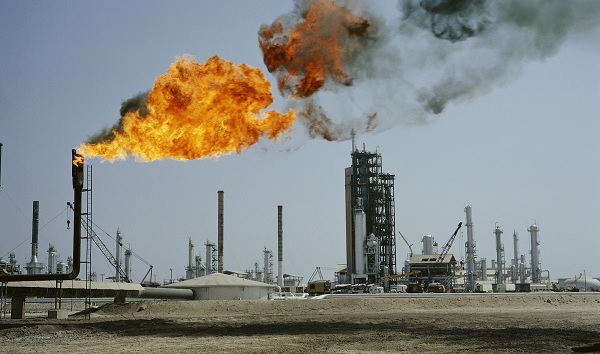
Fossil fuel free future: Feasible?
The science that links global warming to burning of fossil fuel as a major source of energy for driving economic growth globally is incontestable.
Burning of fossil fuels have contributed to polluting the atmosphere with billions of tonnes of greenhouse gases.
Carbon-intensive energy, together with capital, ingenuity and cheap labour have been the driving force for economic growth since the Industrial Revolution.
Today billions of people around the word still crave the development that fossil fuel brings.
Dilemma
Torn between a desire to tackle global warming and depending on fossil fuels, the world is moving far too slow to decarbonise its energy system.
For many people, the problem of global warming is the idea that they may have to change their behaviour to fight it, and in most cases lost chain of businesses that generate billions of dollars.
On average, each person on Earth going about his or her normal business produces the equivalent of five tonnes of co2 a year.
But a single intercontinental round-trip produces equivalent of about one tonne per passenger, even in economy class.
Who wants to forgo the experience of foreign travels? On current trends, air-passenger numbers are expected to double in the next 15 years or so.
That could push up today’s emission of one billion tonnes of co2 a year to at least 1.7 billion, mostly from long haul flights.
Imagine that a beneficent God has sent envoys in the night to steal two-quarters of the word’s store of fossil fuels, so mankind knew it will run out of them in 40 years.
You can bet that by 2063 we would have built a zero-carbon economy, even the cost of doing so would be trivial.
Not only at the individual level co2 are emitted into the atmosphere.
On a large scale, industries, transportation systems and heating systems for home and offices in some countries emit billions of tonnes every day.
To stabilise global temperatures, humans must put no more co2 into the atmosphere.
All the Climate induced havoc currently happening all around the world are caused by the change that the climate has already undergone.
Nobody can know whether the world will wake up one day and cut emissions to zero.
Even if it does, the main problem, the stock of greenhouse gases already emitted will remain.
A crash programme to suck co2 out of the air would take vast resources and years to make a difference.
Miracles
Miracles do happen but it is unwise to rely on them.
In a sense, the world is already equipped for the task at hand.
Wind and solar power after huge subsidies have joined nuclear reactors and dams as affordable ways of generating gigabytes of electricity without burning fossil fuels.
The industries that are known to pose a tougher challenge as far as the application of cleaner energy is concerned, such as cement and steel production, transportation and heating systems could also be decarbonised with coming technologies.
The problem is obvious.
The stakes are huge.
Solutions are within reach.
So, the million-dollar question is, why the response of countries to climate change inadequate?
The danger is that policy makers will delay curbing emission now in the hope of being able to remove large amount of greenhouse gases from the air in future.
In fact, both actions are needed on a massive scale.
Generating energy from zero-carbon sources could stimulate new industries and further decentralise the global economy.
It could absorb some of the surplus savings that exist in parts of the rich world providing plentiful demand for jobs to meet the engineering challenges and ease energy poverty in poor countries.
It might sound far-fetched in a system where national interest always sits comfortably on countries’ priority list to think that anything can be done for the common good.
Using human ingenuity to build a post-carbon future could be a big economic as well as environmental opportunity.
Sadly, we are not doing enough to rise to the challenge.
The writer is with the Institute of Current Affairs (ICAD)
E-mail:
